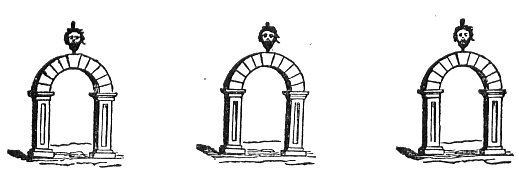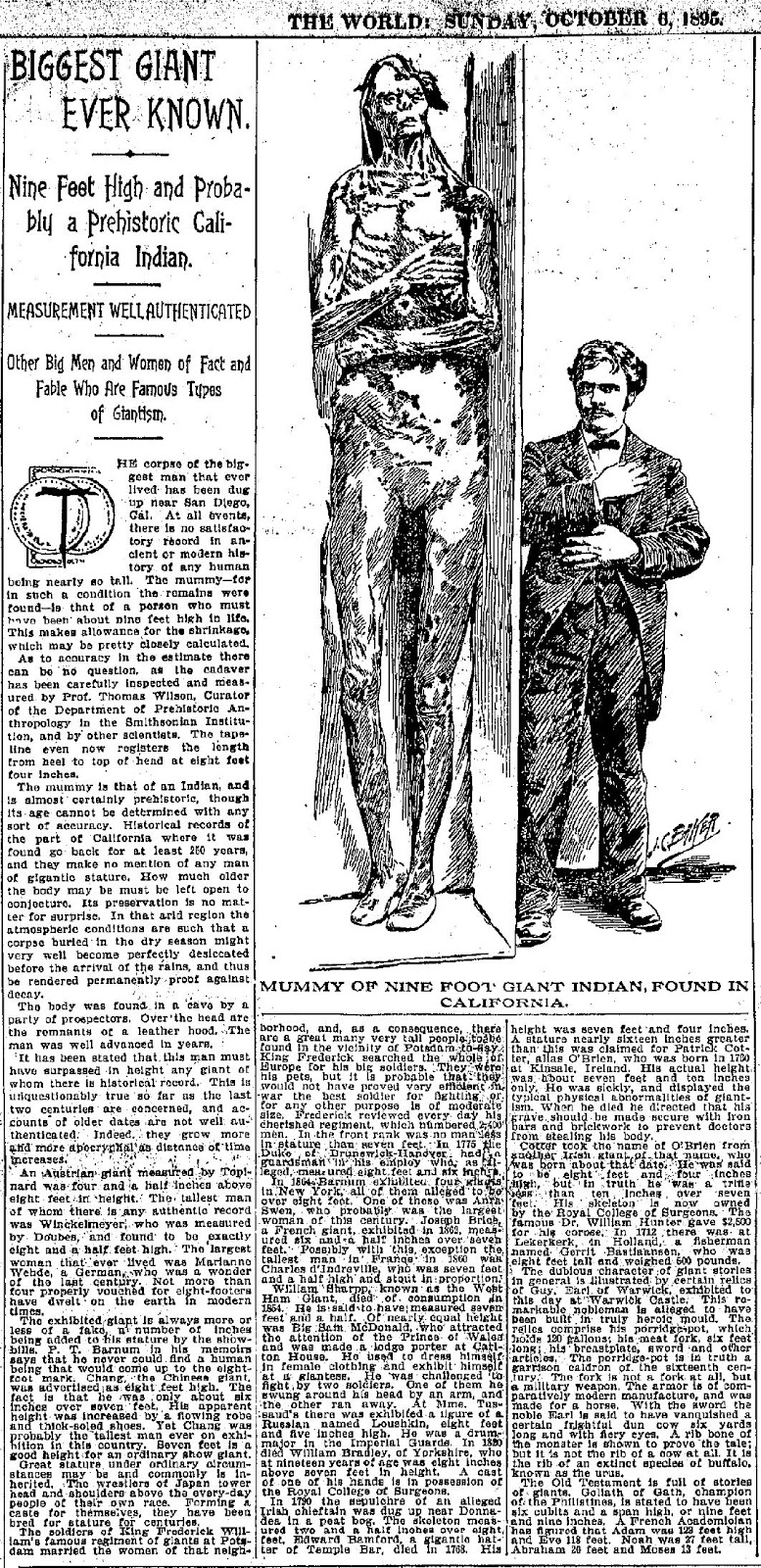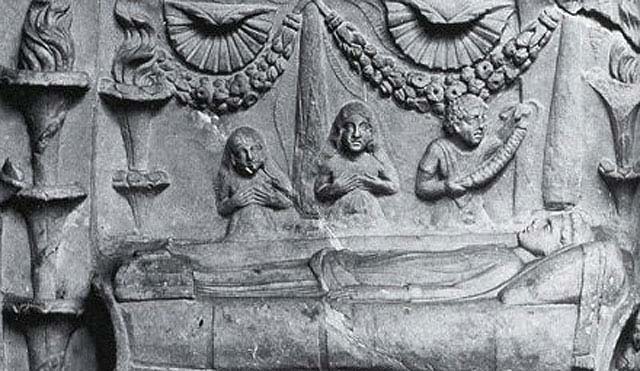Its fidelity to its mission will be accurately evidenced, by the extent of the efforts it employs, and the means it sets on foot, to improve the people at large and to better their condition; chiefest
p. 153
of which, within its reach, is to aid in the education of the children of the poor. An intelligent people, informed of its rights, will soon come to know its power, and cannot long be oppressed; but if there be not a sound and virtuous populace, the elaborate ornaments at the top of the pyramid of society will be a wretched compensation for the want of solidity at the base. It is never safe for a nation to repose on the lap of ignorance: and if there ever was a time when public tranquillity was insured by the absence of knowledge, that season is past. Unthinking stupidity cannot sleep, without being appalled by phantoms and shaken by terrors. The improvement of the mass of the people is the grand security for popular liberty; in the neglect of which, the politeness, refinement, and knowledge accumulated in the higher orders and wealthier classes will some day perish like dry grass in the hot fire of popular fury.
It is not the mission of Masonry to engage in plots and conspiracies against the civil government. It is not the fanatical propagandist of any creed or theory; nor does it proclaim itself the enemy of kings. It is the apostle of liberty, equality, and fraternity; but it is no more the high-priest of republicanism than of constitutional monarchy. It contracts no entangling alliances with any sect of theorists, dreamers, or philosophers. It does not know those as its Initiates who assail the civil order and all lawful authority, at the same time that they propose to deprive the dying of the consolations of religion. It sits apart from all sects and creeds, in its own calm and simple dignity, the same under every government. It is still that which it was in the cradle of the human race, when no human foot had trodden the soil of Assyria and Egypt, and no colonies had crossed the Himalayas into Southern India, Media, or Etruria.
It gives no countenance to anarchy and licentiousness; and no illusion of glory, or extravagant emulation of the ancients inflames it with an unnatural thirst for ideal and Utopian liberty. It teaches that in rectitude of life and sobriety of habits is the only sure guarantee for the continuance of political freedom; and it is chiefly the soldier of the sanctity of the laws and the rights of conscience.
It recognizes it as a truth, that necessity, as well as abstract right and ideal justice, must have its part in the making of laws, the administration of affairs, and the regulation of relations in
p. 154
society. It sees, indeed, that necessity rules in all the affairs of man. It knows that where any man, or any number or race of men, are so imbecile of intellect, so degraded, so incapable of self-control, so inferior in the scale of humanity, as to be unfit to be intrusted with the highest prerogatives of citizenship, the great law of necessity; for the peace and safety of the community and country, requires them to remain under the control of those of larger intellect and superior wisdom. It trusts and believes that God will, in his own good time, work out his own great and wise purposes; and it is willing to wait, where it does not see its own way clear to some certain good.
It hopes and longs for the day when all the races of men, even the lowest, will be elevated, and become fitted for political freedom; when, like all other evils that afflict the earth, pauperism, and bondage or abject dependence, shall cease and disappear. But it does not preach revolution to those who are fond of kings, nor rebellion that can end only in disaster and defeat, or in substituting one tyrant for another, or a multitude of despots for one.
Wherever a people is fit to be free and to govern itself, and generously strives to be so, there go all its sympathies. It detests the tyrant, the lawless oppressor, the military usurper, and him who abuses a lawful power. It frowns upon cruelty, and a wanton disregard of the rights of humanity. It abhors the selfish employer, and exerts its influence to lighten the burdens which want and dependence impose upon the workman, and to foster that humanity and kindness which man owes to even the poorest and most unfortunate brother.

Moe is the founder of GnosticWarrior.com. He is a father, husband, author, martial arts black belt, and an expert in Gnosticism, the occult, and esotericism.








